Today, something clicked, that completely changed how I view my role as a caregiver for Mum, who’s living with dementia. I had an ‘aha’ moment that made me question the way I care for mum, have I become so jaded from caring not to see what’s right in front of me? It wasn’t something I read in a book or learned from a professional; it was something as ordinary as choking on a drink. As I coughed and struggled to catch my breath, I realised that this is what Mum experiences every day.
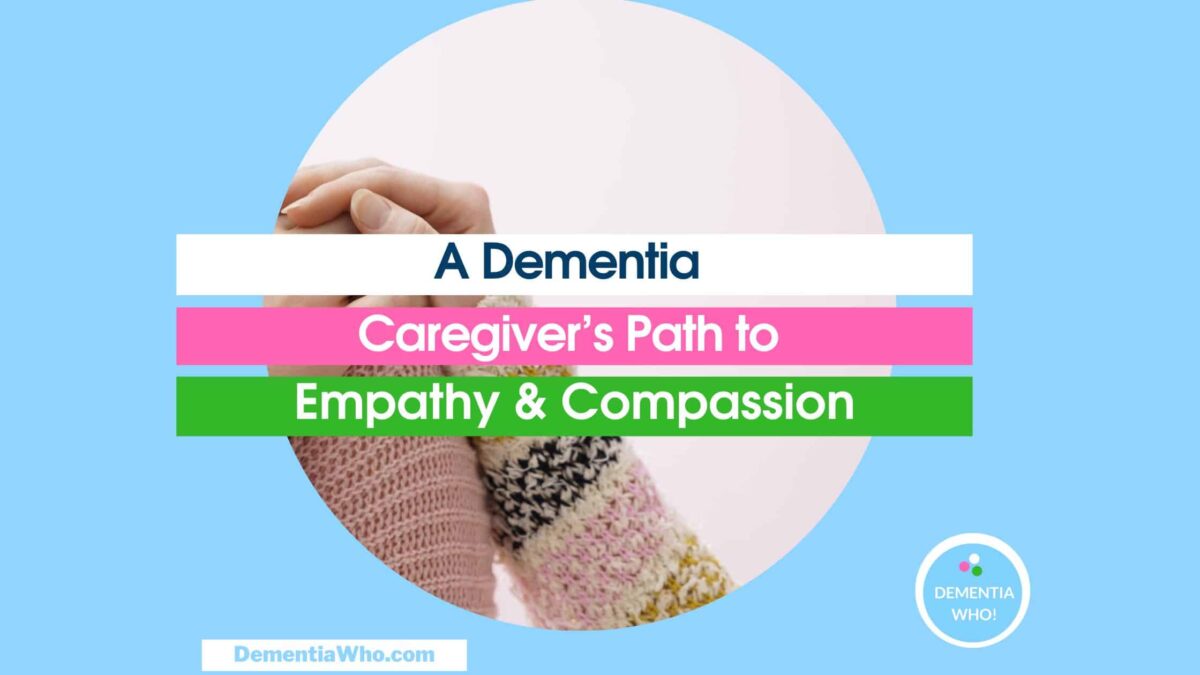
Lived Experience?
When was the last time you choked on something, I mean really choked? Remember that feeling of coughing and retching so badly you couldn’t catch your breath? It feels so awful, your body instinctively panics as you desperately attempt to breathe, and then the relief that washes over you once you’re finally able to breathe. Now imagine going through that every single day as Mum does with her dysphagia.
This isn’t just about understanding the physical struggle; it’s about grasping the sheer terror and frustration that Mum must feel, a reality I hadn’t fully appreciated until now. That’s when it hit me, this was only a small part of mum’s day living with dementia, what about the rest of it, did I really understand what she was going through? It made me ask myself this question:-
How can we, as dementia caregivers, truly understand what our loved ones with dementia are dealing with? And how can we use that empathy to shape the way we care for them?
Sure, I’ve been helping her and supporting her. But there’s a world of difference between helping someone and truly understanding their lived experience. It was as if I finally understood something that had been right in front of me all along.
How can we experience what our loved ones with dementia deal with so we, as dementia caregivers can support them better?
I thought reading clinical books on dementia, researching the web on symptoms and what to expect prepared me. But reading about dementia is not the same as living it, even in part. It’s not that I ignored the information – I just couldn’t fully comprehend it without experiencing a little of it myself. That realisation hit me again this week when I was recovering from my first bout of COVID-19. The virus affected my spatial awareness—something as simple as walking became a challenge as I misjudged distances and bumped into things.
It gave me an insight in how it makes you feel trying to carry out activities but your brain doesn’t cooperate. It was frustrating and disorienting, and it made me think of Mum. I’d seen her struggle to navigate our home when she was walking, and I didn’t fully understand why it was so difficult for her until I experienced a little of that disorientation myself. It’s not that I wasn’t paying attention before; I just couldn’t truly grasp it until I felt something similar.
This might sound bloody obvious, and that’s because it is, but when do we have time to reflect? Our lives are busy with living, trying to care for our loved ones, that these moments of clarity of thought happen but maybe pass us by. Well, it did for me!
This time I did react to this little “aha moment” that made me think of mum’s lived experience and how little I really truly understood. It also could be because I’ve been caring for mum for so long that I’ve become blind to what’s obviously in front of me because experience has made me jaded or less reactive to things that I would have jumped at in the beginning. I don’t know, all I know is that a bloody choking incident kinda woke me up from this slumber that I’ve been in caring for mum, thinking I knew it all.
Going Back to the Basics
Over the years, I’ve absorbed a lot from dementia advocates like Gail Gregory, George Rook, Teresa Davies, Tracey Shorty, Peter Berry, Chris Maddocks, Tommy Dunne, and the late Wendy Mitchell. Years ago I listened to their diary entries as they explained in their own words what daily life was like for them.
It helped me begin to understand what Mum was going through. It led me to start conversations with her, to ask about how she felt, and to really listen. It wasn’t something that happened quickly. Mum had to learn to trust me with her inner feelings, and I seem to have lost that connection with her as her Alzheimer’s disease has got worse. Conversation is much harder, there isn’t that fluidity anymore. It’s bursts of conversation on different topics that emerge and vanish in a few seconds. So it’s about learning new ways to communicate focusing on touch and sensory input more, maybe going back to basics and listening to others lived experience at this stage of the disease could help me again.
DEEP Network
The place I used to go was the DEEP network. DEEP stands for the Dementia Engagement and Empowerment Project – and here I found the dementia voices of others living with dementia, recorded in daily dementia diaries. What I really need to do is go back to listening to their words, they were a lifeline to me before, offering glimpses into the reality of living with dementia. It could help again to connect in a more meaningful way with mum, I need to hear it, see it rather than just reading something in a book.
The Four Amigos, in particular, have shared so much about their lived experiences. Their firsthand accounts showcase the resilience, adaptability, and continued capacity for joy – you just have to watch one of their videos to see that. These individuals by sharing their lives are fostering a greater empathy for those living with dementia, helping to reduce stigmas and fighting to be represented in all aspects that affect their lives.
Technology – Virtual Reality
I came across a new podcast, Creating Compassionate Cultures by Caroline Bartle, where “Curious Caroline” discussed a study about using virtual reality (VR) to foster empathy among caregivers by allowing them to experience the world as someone with dementia might. One study highlighted that caregivers felt more confident and had more positive relationships with their loved ones after using VR. And it goes further not just for improving care, but for improving our own psychological well-being as caregivers.
It’s made me reflect on how we approach caregiving and how we can better empathise with those we care for. Perhaps technologies like VR can bridge that gap, helping us to not just intellectually understand, but to feel and experience the challenges our loved ones face.
A Walk Through Dementia
Alzheimer’s Research UK have developed a virtual reality app called “A Walk Through Dementia” for people to experience a 360 degree view through the eyes of someone living with dementia for those who can’t access VR tools, its a great introductory tool that can be used on your smartphone or viewed on youtube.
Sharing Lived Experiences
It’s also made me realise how important it is to take part or support loved ones by being part of decisions and sharing their lived experience. Organizations really do need to include the views of those they’re trying to support, like Dementia UK, with their Lived Experience Advisory Panel (LEAP). LEAP is ensuring that people with dementia and their carers are not just consulted but are integral in shaping their policies and practices. I love one sentence in their description of not only advising, but the idea of being a ‘critical friend’ that resonates deeply with me.
Finally
I feel like I’ve jumped all of the place with this blog, so let me come back to my central point. As dementia caregivers, our journey is one of constant learning and growing in compassion. It’s about finding those moments of connection, those flashes of understanding that allow us to provide the best care we can, and that’s much more than just meeting their physical needs.
By choking on a drink, I could finally see through mum’s eyes, by feeling a fraction of what she goes through and making me look at the wider situation. It’s reminded me of the importance of continually seeking to understand, to put ourselves in others’ shoes, and it’s made me approach mum’s care with renewed empathy and insight. And how important it is to look outside of our unit for help. It’s small moments like this that can impact the quality of care we provide.
Really listening and learning from our loved ones can only make caregiving more meaningful for us all.
I hope this blog helped, let me know in the comments section which type of blogs you prefer this type or the blogs that focus on sharing tips on everyday life or a mixture of both! Comment down below!

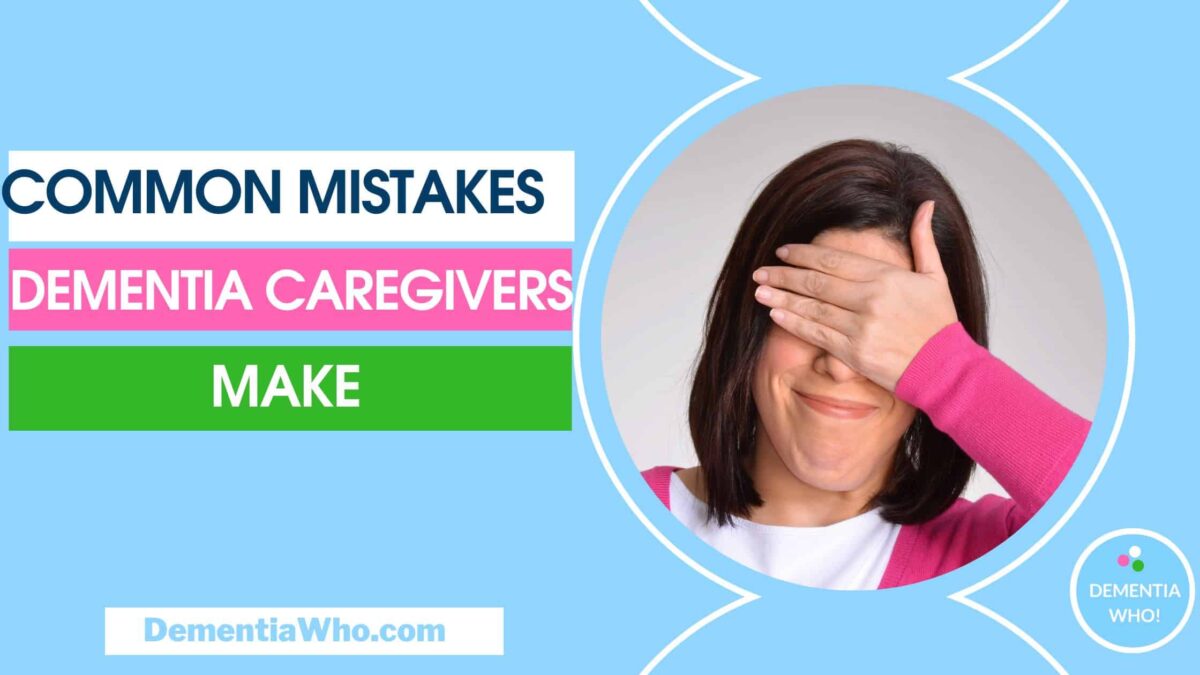
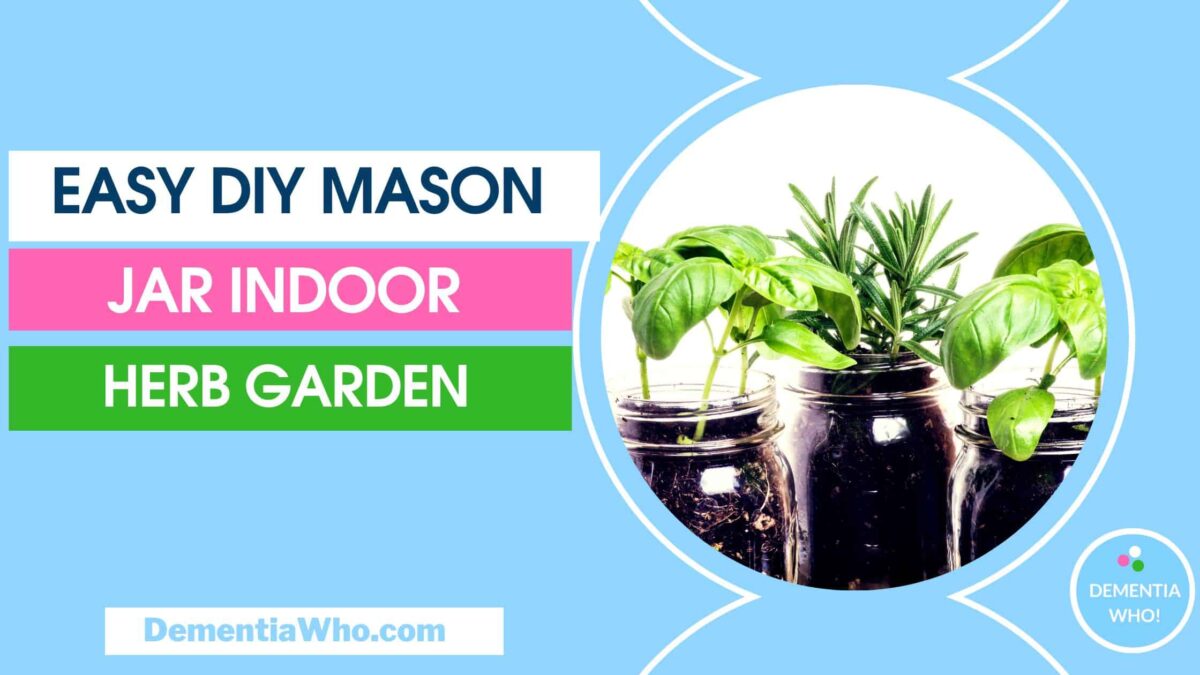
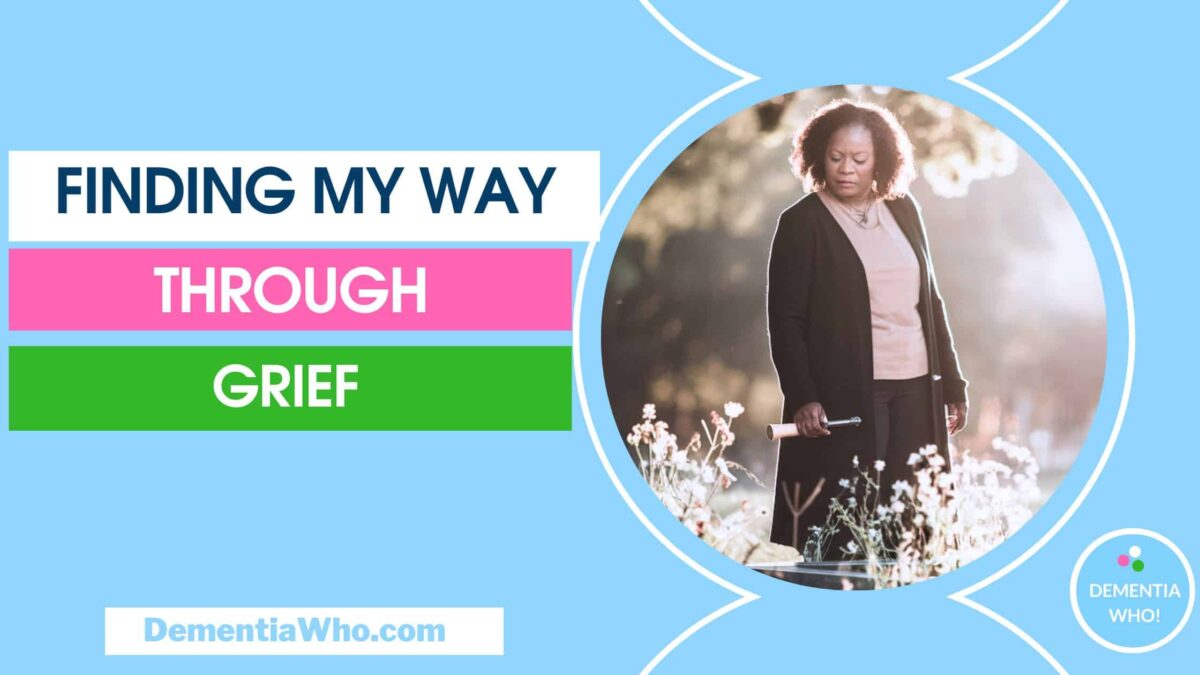
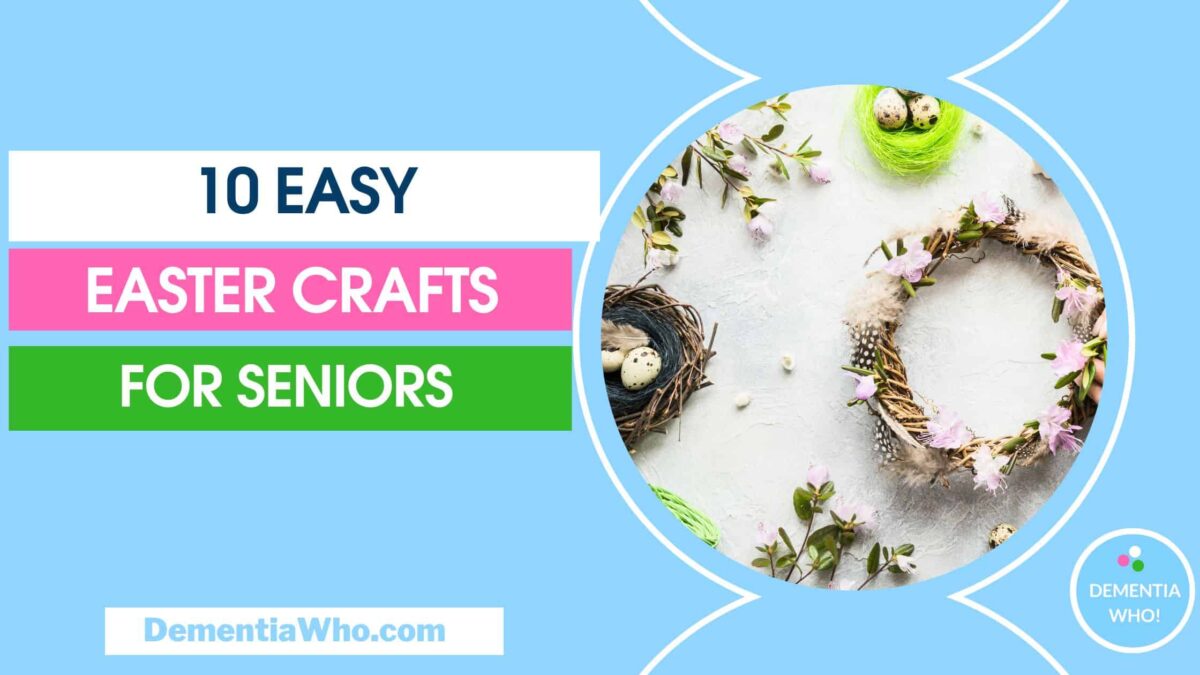
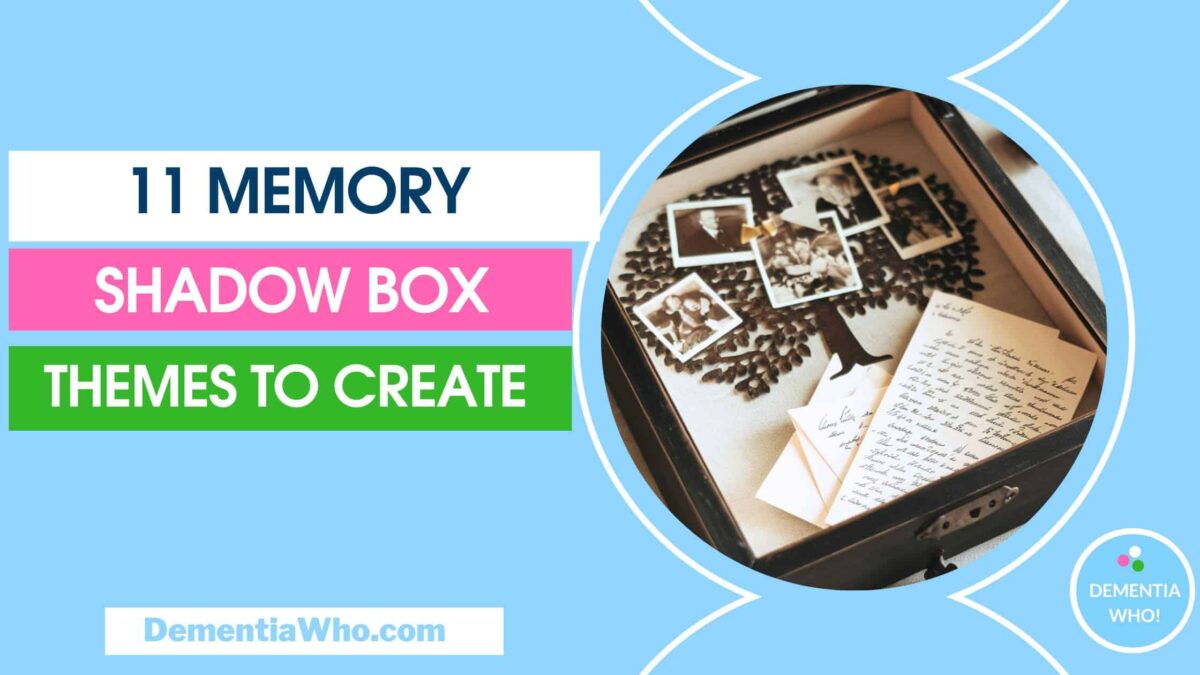
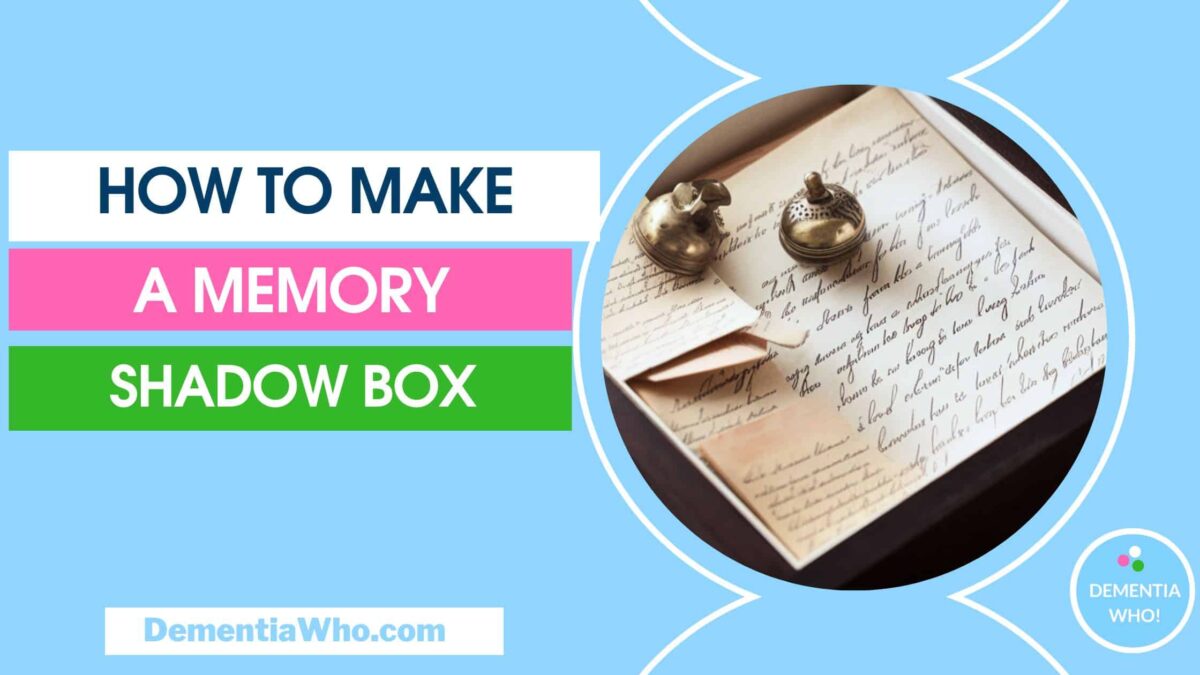
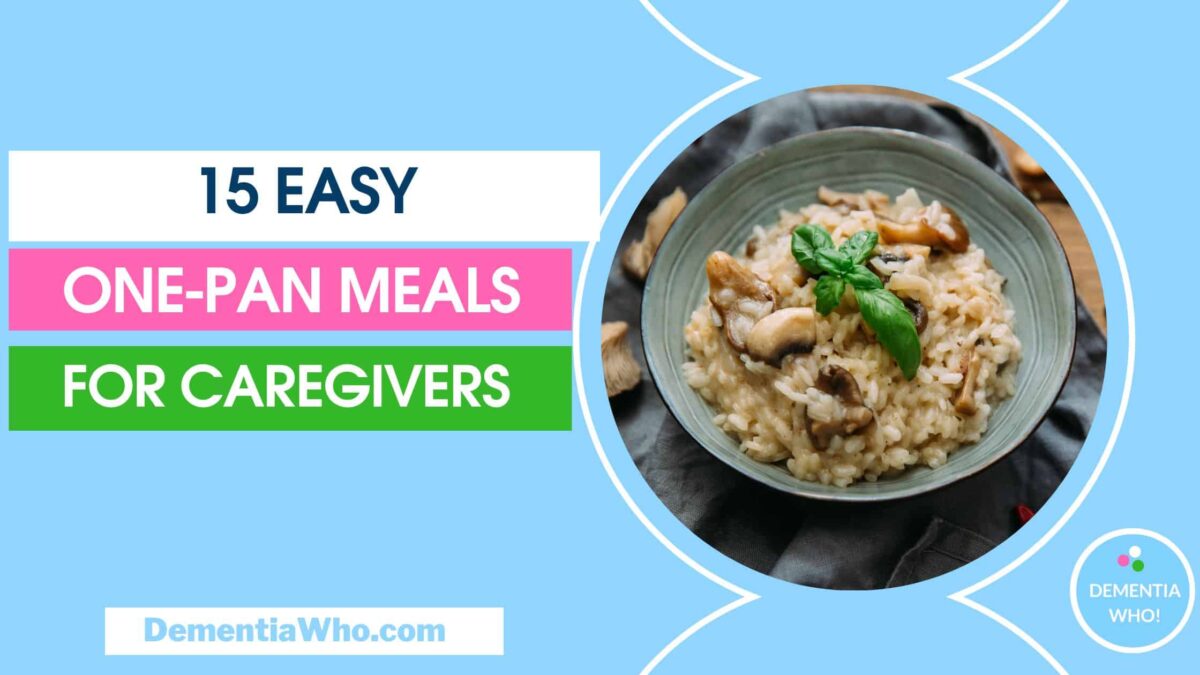
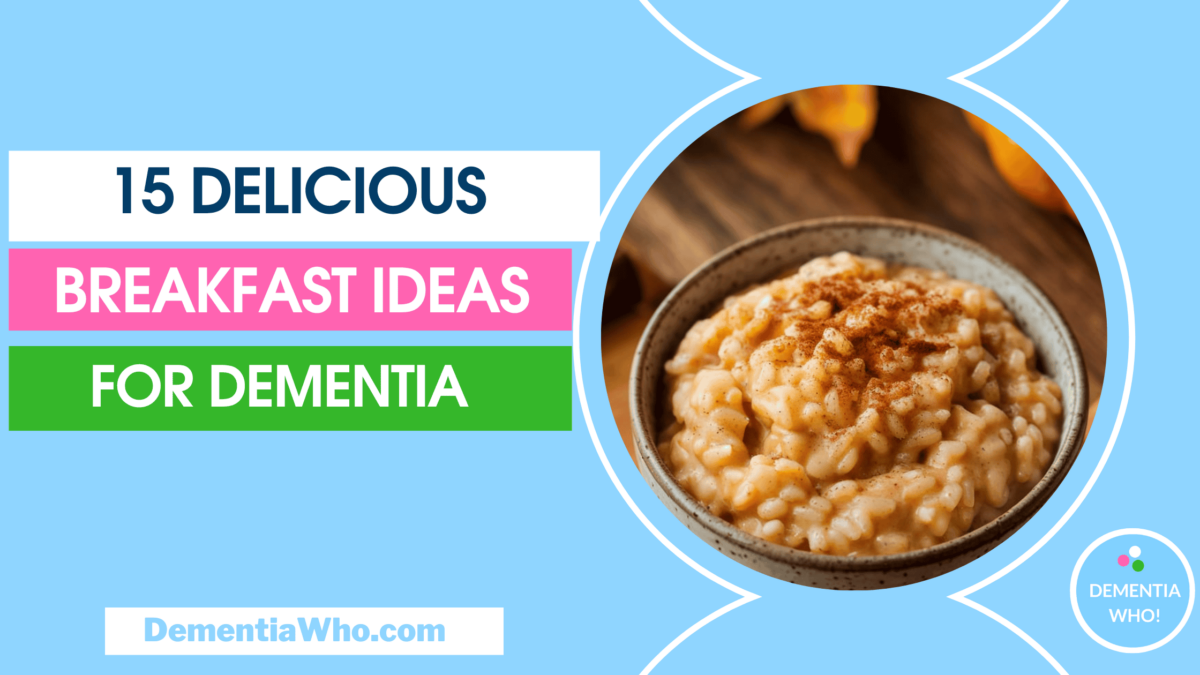
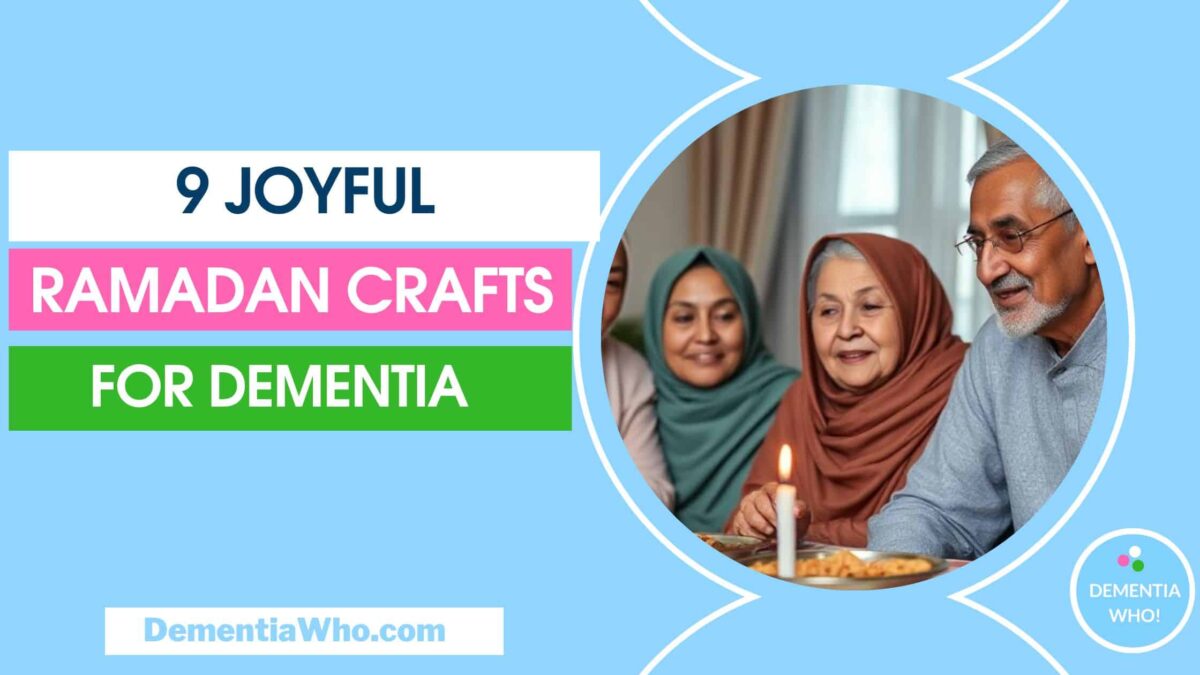
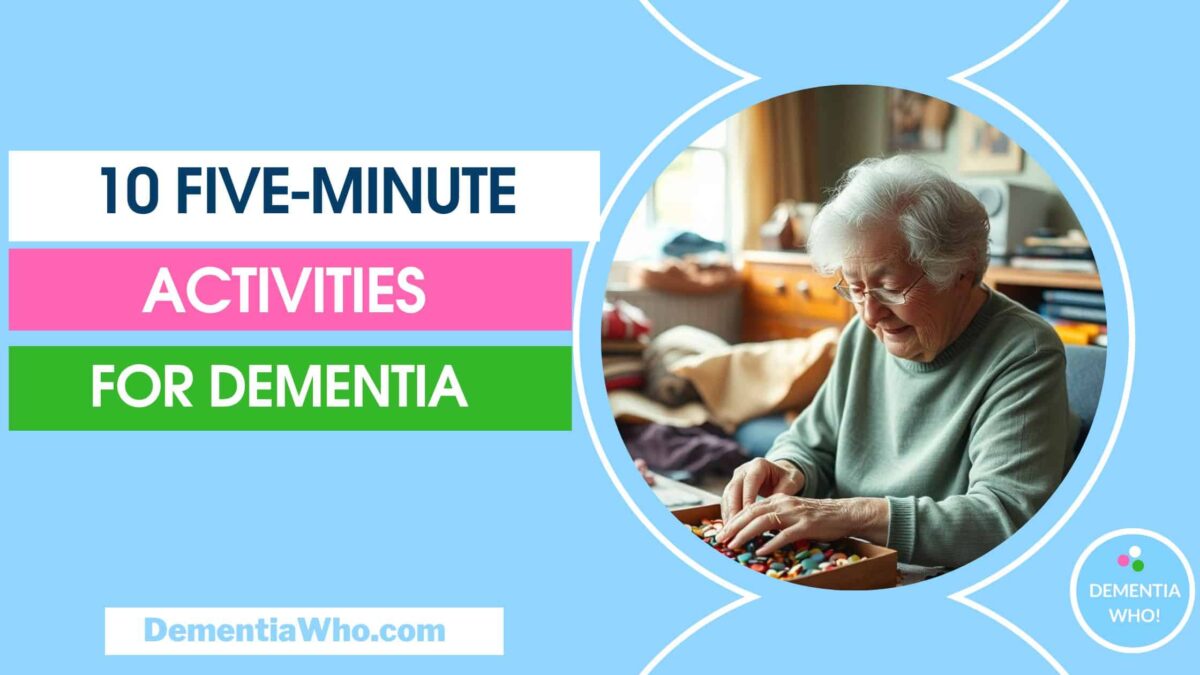
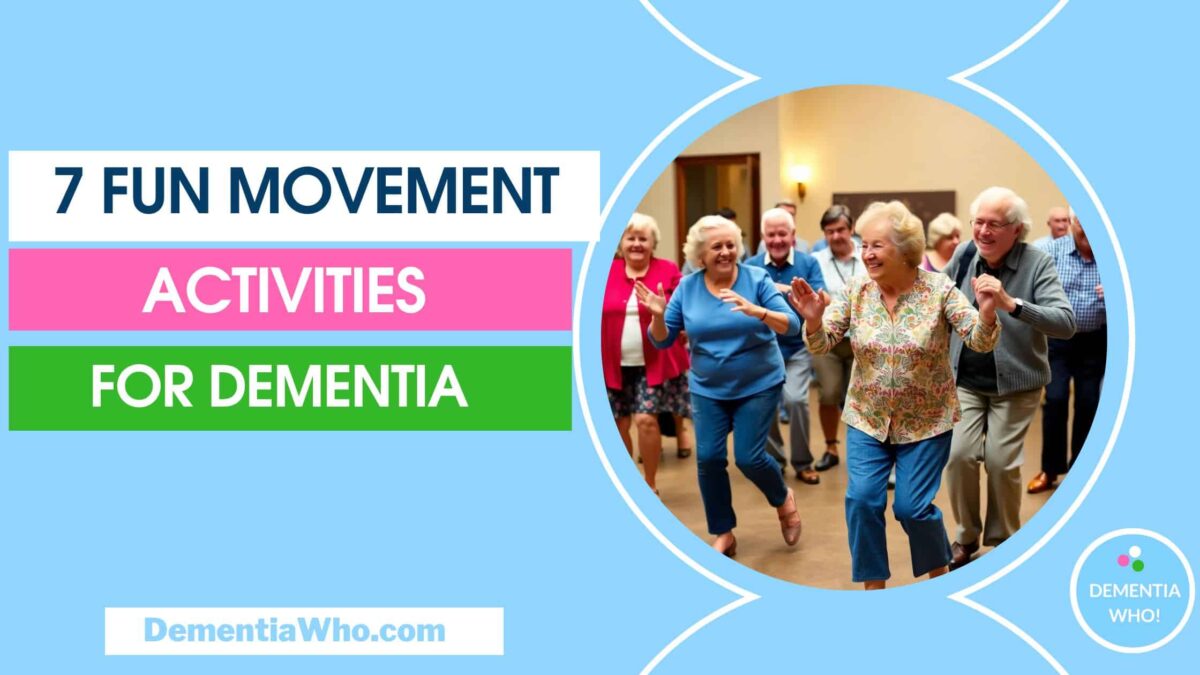

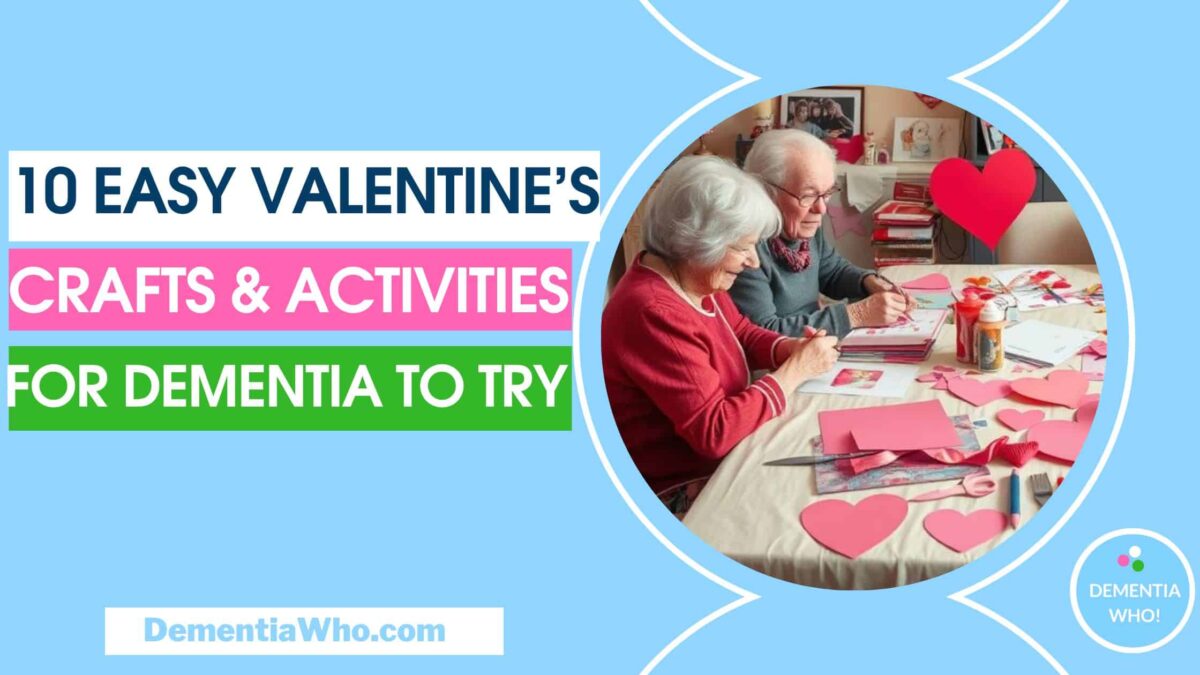
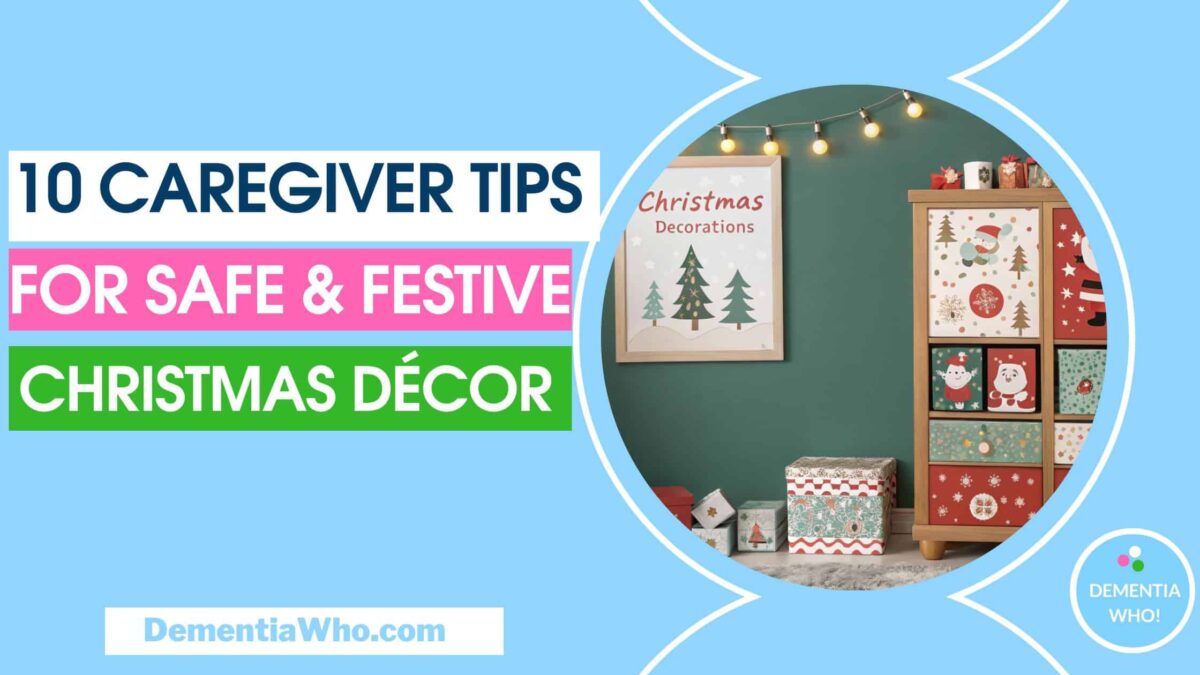
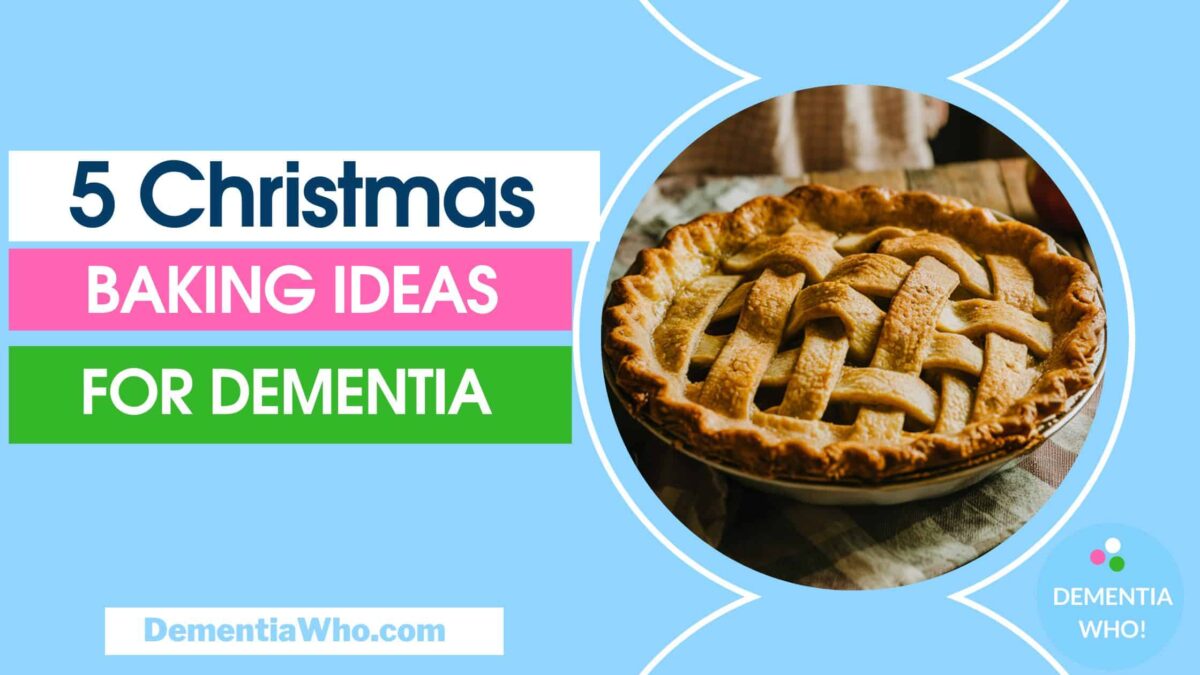
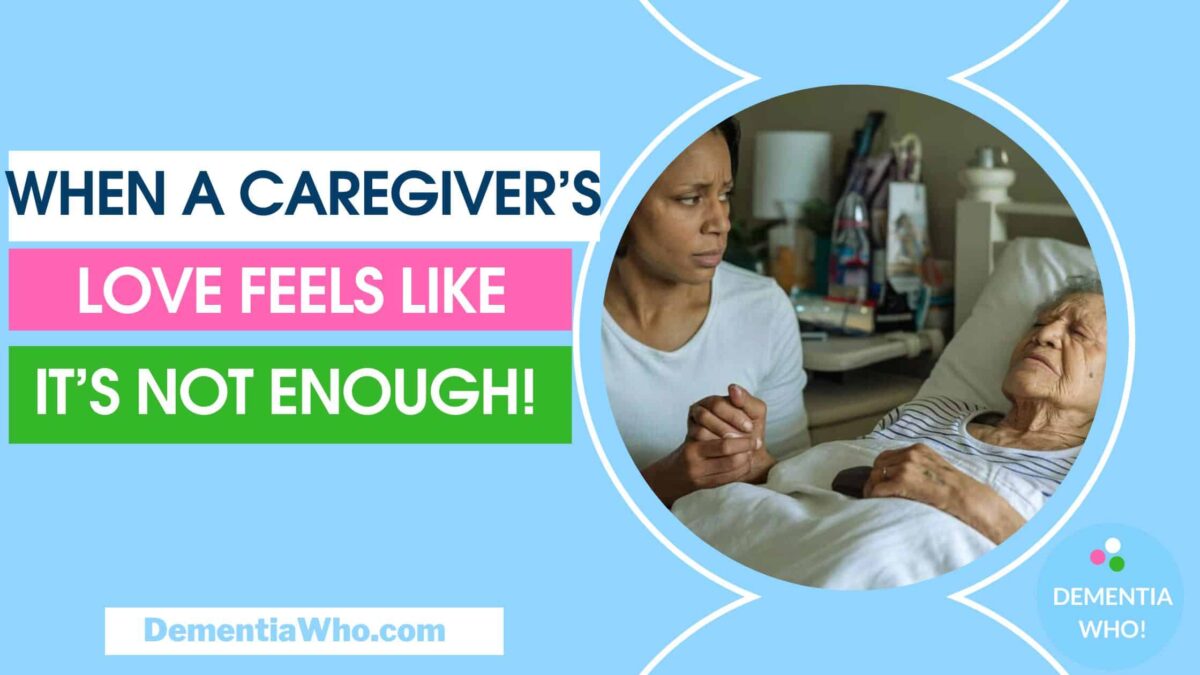
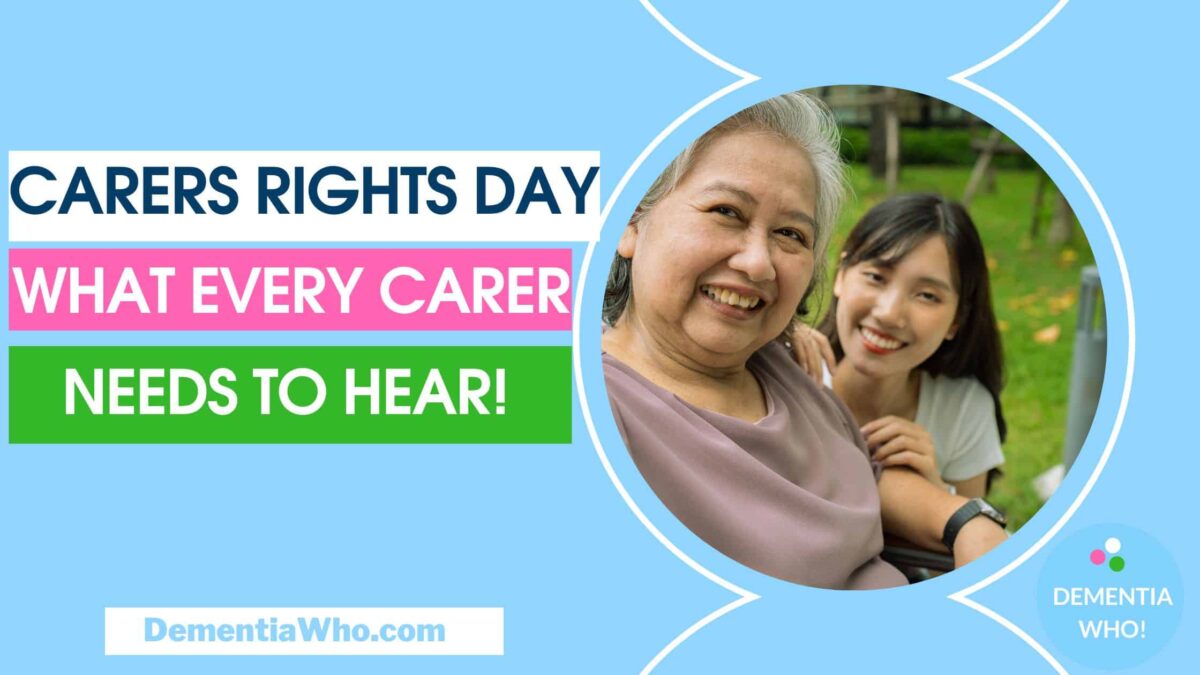
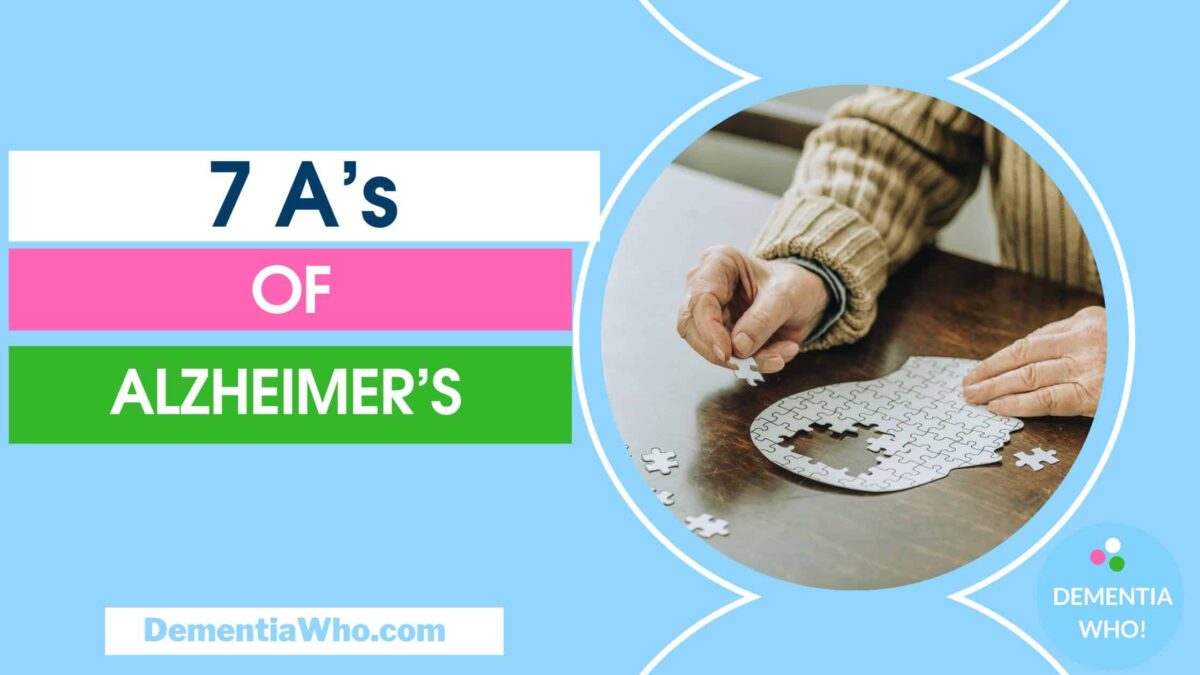


Very helpful and informative.
Thank you for taking the time to read and comment.